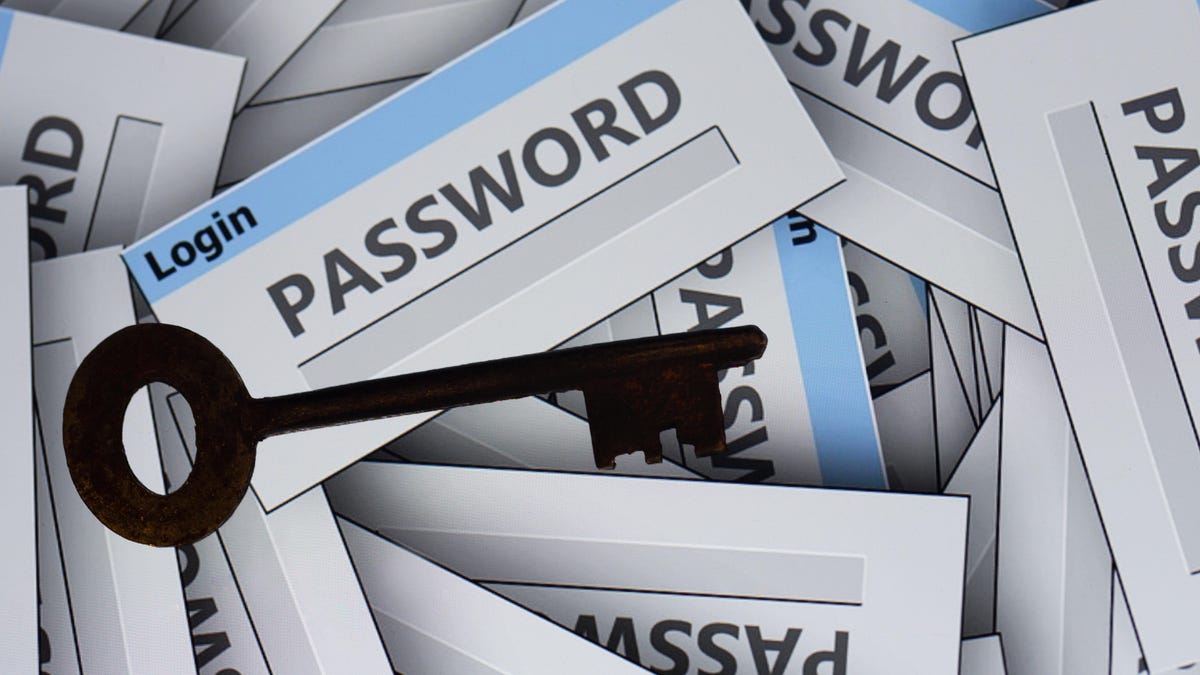This is how we might finally replace passwords
More than 85% of cyberattacks stem from people getting tricked out of their passwords. But facial recognition and cloud security might kill the password forever.

Here's the thing about passwords: They're terrible. Passwords are easy to hack, easy to lose and hard to use.
Worse still, passwords guard some of our most valuable digital assets. "There's a whole bunch of valuable information about you in the cloud," said Alex Simons, Microsoft's corporate vice president of program management. "Hackers are looking for things they can monetize. All of [your] accounts represent value, and the minute there's value, then all of a sudden there's an economy and there are hackers that want to go after that economy."
Read more: The best password managers for 2020 and how to use them
CNET visited the Microsoft Garage -- a hackerspace located on the company's Redmond, Washington, campus designed to test new technologies -- to learn how biometric security like facial recognition, iris scanners and fingerprint readers might someday replace passwords.
Microsoft's biometric security initiatives contribute to the FIDO Alliance, a collaborative industry-wide group that is working on open-source password alternatives. Simons said that the group relies on "really high-grade encryption" to match and authenticate users with devices.
Along with open source standards, biometrics help secure the chain of devices attached to a user's identity. "Once the login is secure, then all the steps you take to authorize someone to get to a service are also secure as well," he said.

